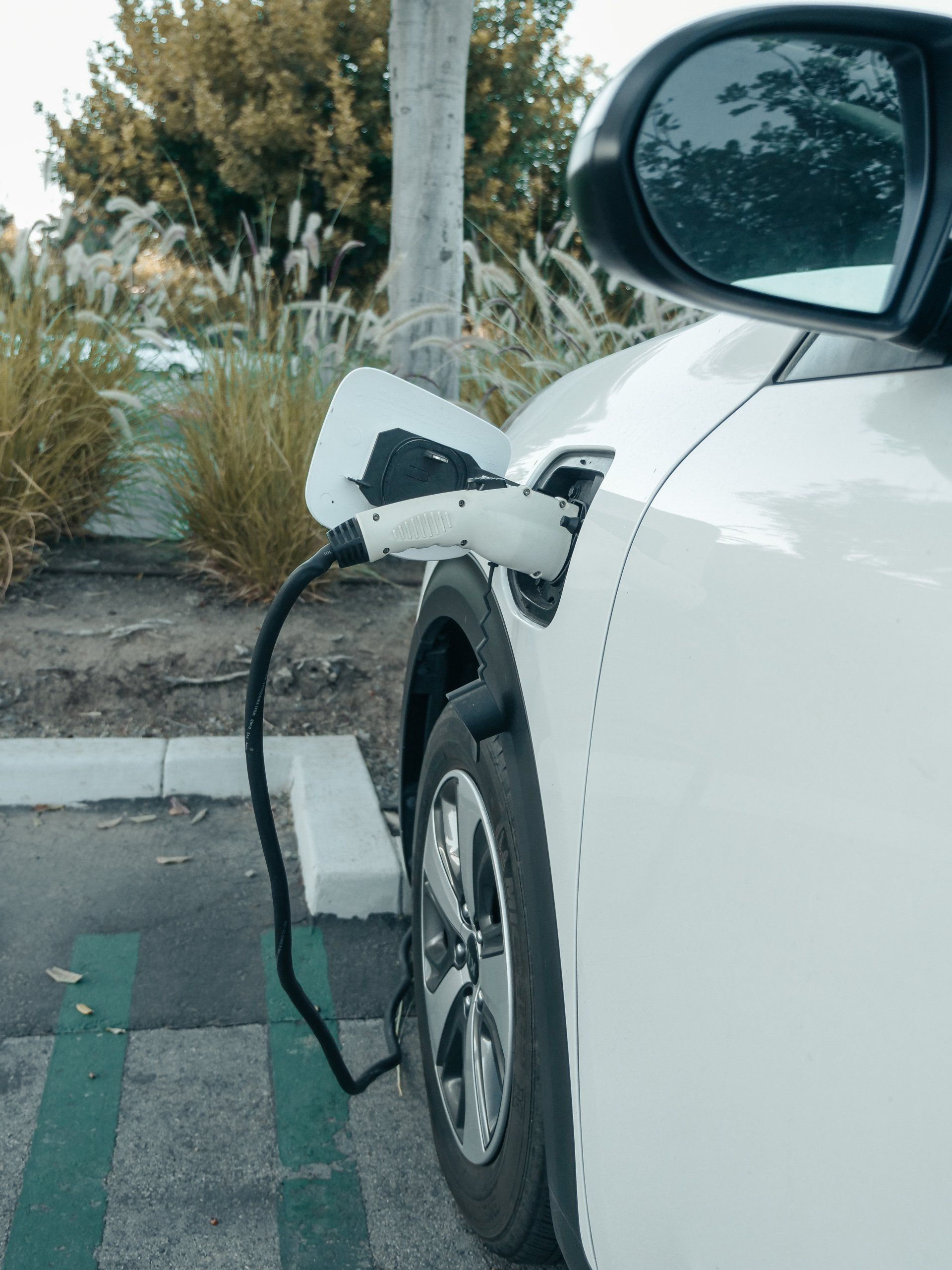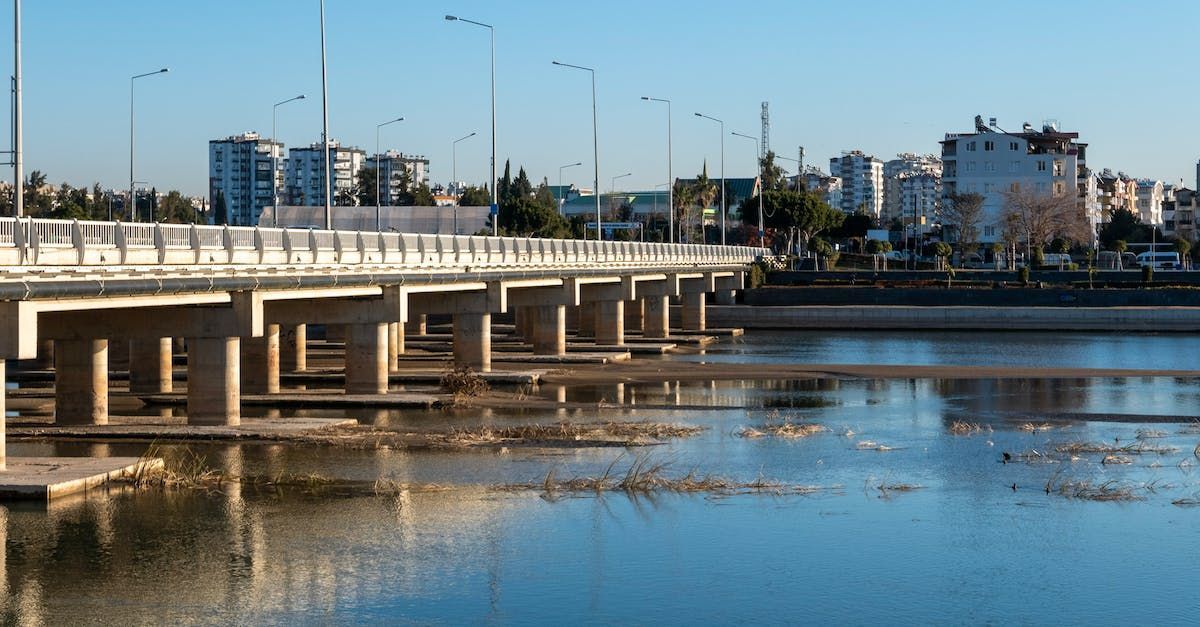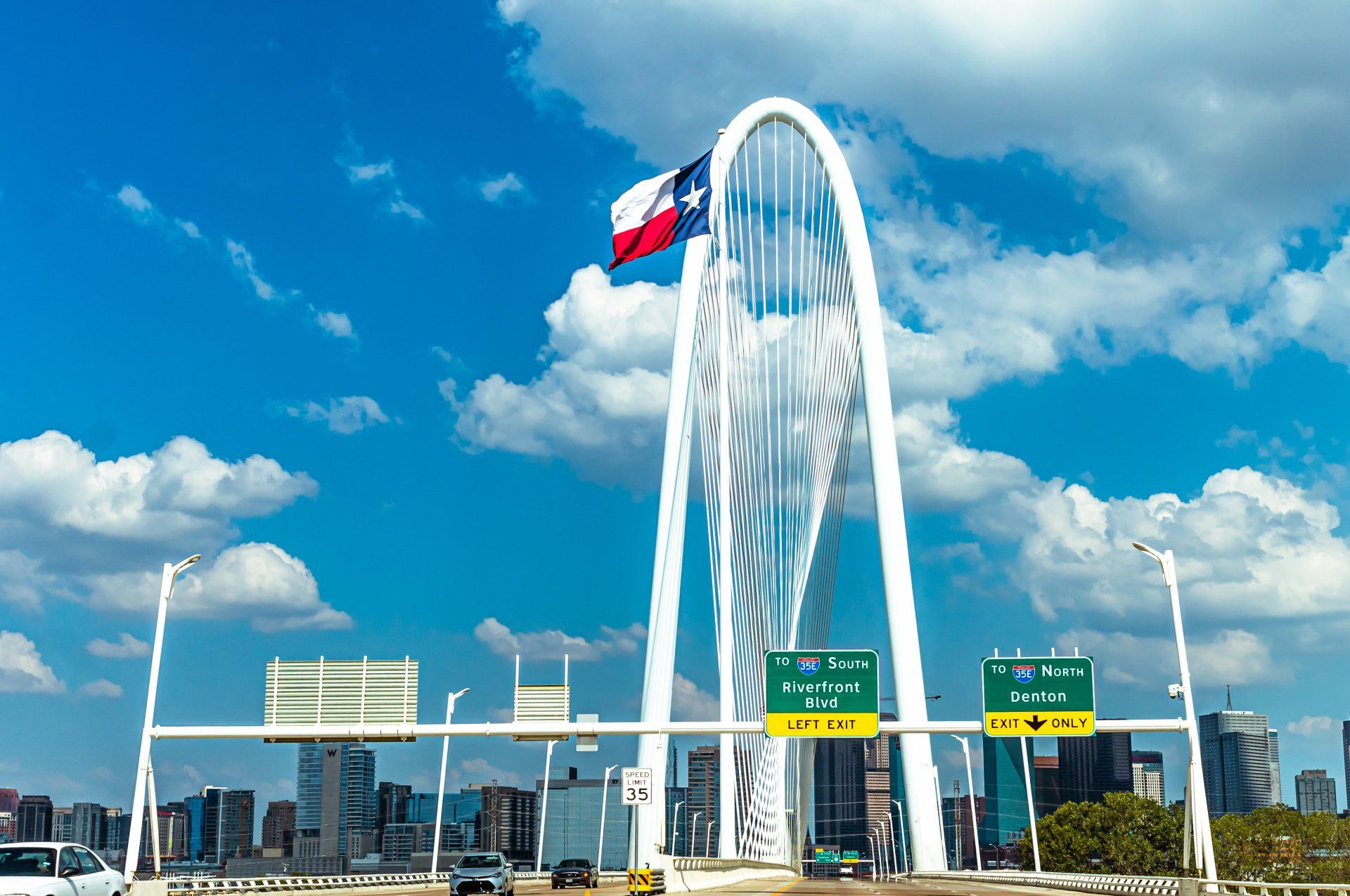Texas Resources
Welcome to the Texas Resources page, below you will find key information relating to Texas's Infrastructure grants and allocations.
Bipartisan Infrastructure Law in Texas
In Texas there are 818 bridges and over 19,400 miles of highway in poor condition. Since 2011, commute times have increased by 11.4% in Texas and on average, each driver pays $709 per year in costs due to driving on roads in need of repair.
To date, $15 billion in Bipartisan Infrastructure Law funding has been announced and is headed to Texas with over 589 specific projects identified for funding. Since the Bipartisan Infrastructure Law passed, approximately $12.6 billion has been announced for transportation – to invest in roads, bridges, public transit, ports and airports – and roughly $1 billion has been announced for clean water in Texas. And, as of today, more than 1,359,000 households across the state are receiving affordable high-speed internet due to the Bipartisan Infrastructure Law.
Many more projects will be added in the coming months, as funding opportunities become grant awards and as formula funds become specific projects. By reaching communities all across Texas – including rural communities and historically underserved populations – the law makes critical investments that will improve lives for Texans and position the state for success.
Texas Fact Sheet
Texas Resources








Texas News & Events







